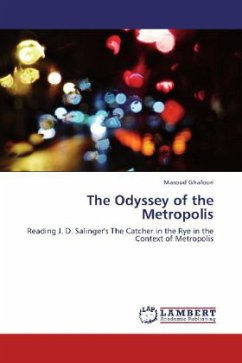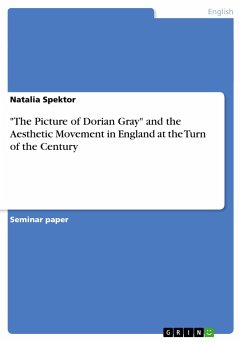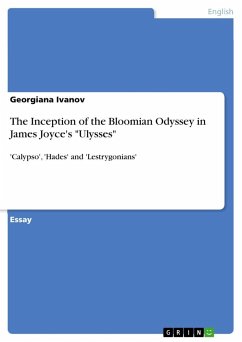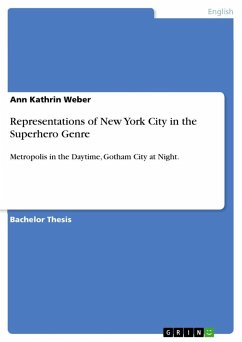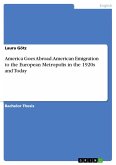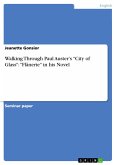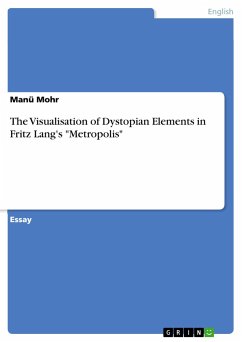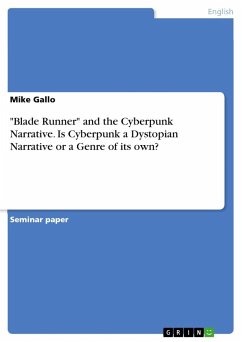Since the time of their formation, cities have had various great influences on the lives of human beings, necessitating certain ways of living and generating certain types of identity. In the postmodern city, as a result of the intricate interplay of power, capitalism, class struggle and the mass media, the phenomenon of mass consumption is transformed into a culture of consumption or the ideology of comsumerism. J. D. Salinger s The Catcher in the Rye is best read in such a context: the metropolis of New York in the tumultuous 1950s. The protagonist, Holden Caulfield, following his archetypal model, Ulysses, undertakes a journey of initiation in the heart of the city in order to become aware of the ambiguity of modern life and his own identity. Like many other novelistic heroes, Holden can be regarded as an incarnation of the character of the flâneur: a slow stroller of the streets and arcades who tried to read the cityscapes like a text and aimed at restoring legibility and clarity to them. But Holden, encountering the hyperreality of the metropolis, soon finds this goal unachievable and takes refuge in a more Existentialist thinking.
Bitte wählen Sie Ihr Anliegen aus.
Rechnungen
Retourenschein anfordern
Bestellstatus
Storno

